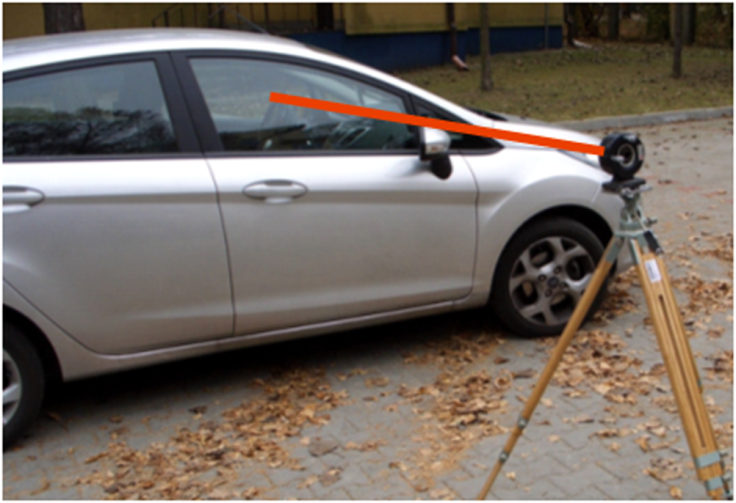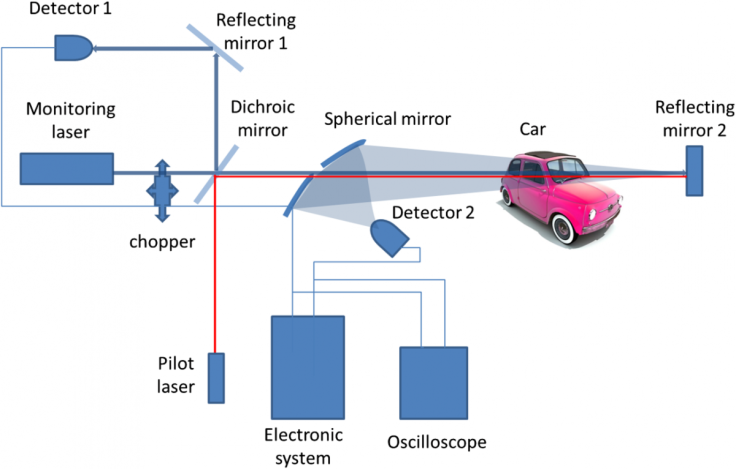Scientists Invent Laser Device That Detects Alcohol in Cars

Stopping drunk drivers may have just got a whole lot easier after scientists from the Military University of Technology in Warsaw unveiled a laser system capable of detecting alcohol in moving cars from the roadside.
Researchers from the university's Institute of Optoelectronics created the device in 2013 and have had their experiments detailed in the open access study "Stand-off detection of alcohol in car cabins", published in SPIE, the international society for optics and photonics journal.
Scientists used a car with a system to simulate an intoxicated driver and generated alcohol vapours inside. The external laser device was able to detect the presence of alcohol vapours in the car, simulating an occupant with a concentration of alcohol in their blood exceeding 0.1%.
Stand-off detection
The concept of using stand-off detection, a chemical and biological compound identification method, is nothing new. The difference now is that it is possible to build such a device with advancements in lasers having led to the development of "eye-safe" microchip lasers.
"We are already familiar with laser instruments used by the police for speed-limit enforcement," said Marco Gianinetto of the Politecnico di Milano, an associate editor with the journal.
"Now these researchers have demonstrated how a laser device could be effectively used for detecting drunken drivers and thereby helping to reduce the number of accidents caused by drivers under the influence of alcohol.
"In the future, a similar technology may be developed to detect different chemical compounds, enabling the detection of drivers under the influence of other intoxicants."

The scientists' system makes use of two lasers – a monitoring laser and a pilot laser, two detectors, two reflecting mirrors, a spherical mirror, a dichroic mirror and a chopper.
Even if the driver of the car is not intoxicated, the laser device is able to detect alcohol fumes coming from other passengers in the car.
Fooling the laser system
Of course, the researchers admit that it would still be possible to fool the laser detector.
"From the practical point of view, there seem to be some countermeasures, such as driving with windows open, solar screens on the side windows, etc, that can be applied by drivers to deceive the system," authors Jarosław Młyńczak, Jan Kubicki, and Krzysztof Kopczyński wrote in the paper.
"However, such situations are very easily detected by the system, which sends this information to the policeman indicating that the car should be checked."
Before commercialising their invention, the researchers will first attempt to cheat their laser system by testing out a series of countermeasures, in order to make sure that the lasers achieve a high accuracy of detection.
© Copyright IBTimes 2025. All rights reserved.






















